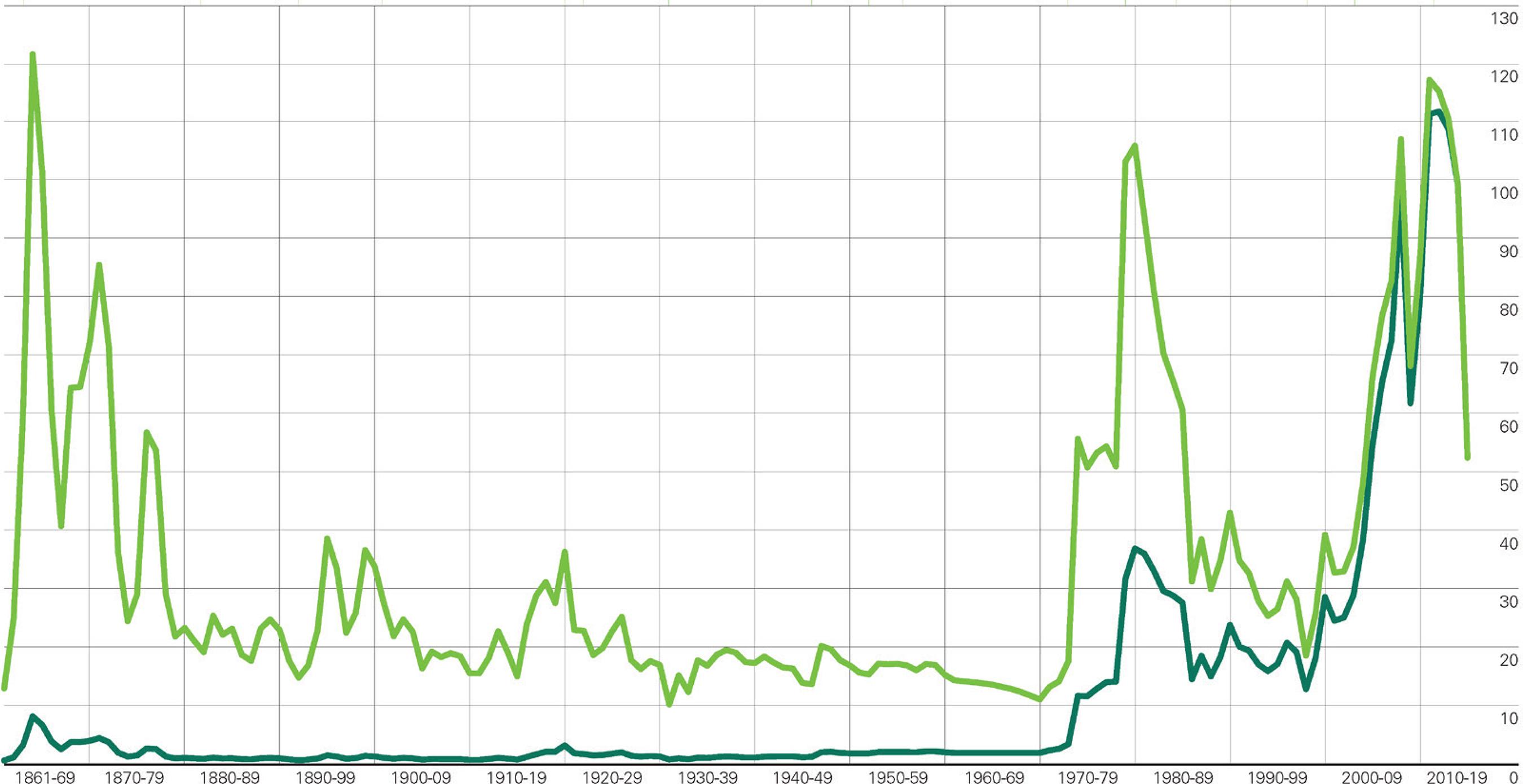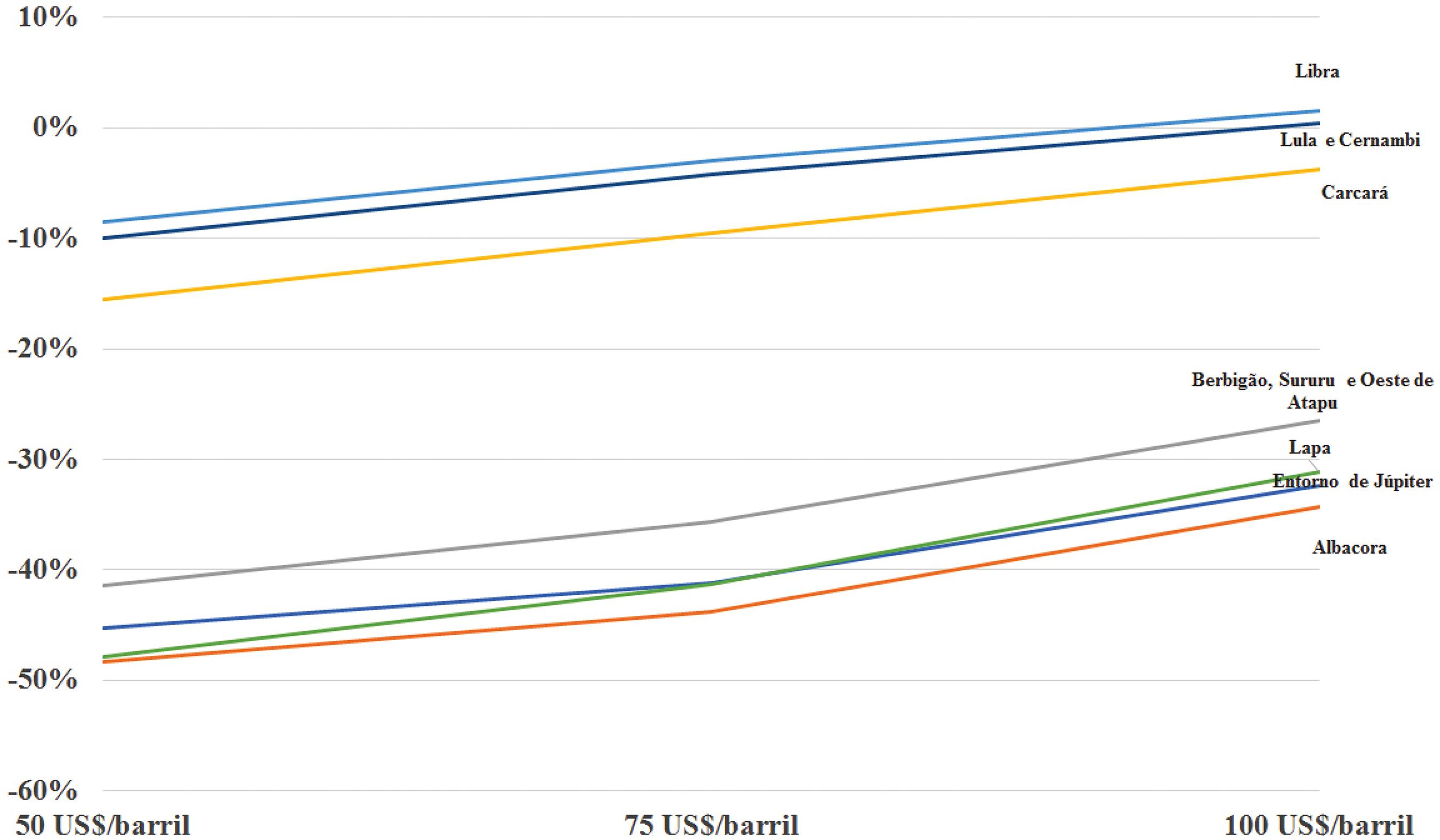ABSTRACT
This study examines the challenges and possibilities of the pre-salt oil reserves and the role of Petrobras to reconcile the expectations of their potential for social transformation in Brazil. Toward this end, it examines the role of the processes of social appropriation of energy in the social revolutions of humanity. It then examines the conditions and processes that led to the hegemony of oil vis-à-vis other energy alternatives and analyzes the consequences of this development. In the geopolitical and economic field, it reviews the contradictions and antagonistic interests in the dispute for control over access to oil resources and for the appropriation of oil income.
Within this geopolitical and strategic context, the essay focuses on the challenges and opportunities associated with the discovery of the Brazilian pre-salt reserves, and on the role of Petrobras, arguing for the need of critical examination of the current national strategy with regard to the identification, characterization and quantification of the oil reserves, and to establishment of the pace of production and exportation in coordination with OPEC and other exporting countries. This implies the revision of the current regulatory regime to ensure the generation of resources to be invested according to a national plan for economic and social development. Neither the concession nor the production-sharing regimes are suitable to ensure the hegemony of public interest in setting production and export control. However, the direct contracting of Petrobras, which is already authorized by applicable law, seems to be the most suitable system to allow flexibility similar to that of service contracts, where government control over production and export of oil prevails.
This work also summarizes the analysis of the expected financial results from the production of oil from the pre-salt reserves in Brazil. First, the oil production for each field is simulated. Then the expected revenue for the various stakeholders (business and government) is calculated under different scenarios of oil barrel price, investment and regulatory regimes. Results are presented for today's regulatory regimes concessions, production sharing, onerous assignment and onerous assignment with production sharing for surplus volumes), as well as for alternative regulatory frameworks, such as the service contracts system. One of the main results is an analysis of break-even prices for each oil field under each regulatory regime, indicating the minimum price per barrel that would make the production feasible from the perspective of the entrepreneur. The expected government revenues are also presented, as well as an estimate of the royalties intake that would go to health and education. Overall, the production-sharing regime is not the one that provides higher revenues to the government, at least not with the assumptions of the simulation, i.e., based on the rules and dynamics of State participation in the oil revenue defined according to the outcome of the auction of the Libra field. This seems contradictory, since the production-sharing regime was introduced in Brazil in 2010 after a national debate about the possibilities of increasing the government's share of the production in the pre-salt areas. The regime that would bring more revenue to the government was shown to be the services contract system, in which the State is the investor and owner of the reserves and of the production results. Therefore, measures that bring the current production-sharing regime now in place closer to the service contract system, as made possible by current legislation, would tend to increase government revenues. After the service contract regime system, the one that would offer the greatest government share is the concession regime, as the sum of special participations and of royalties normally exceeds the sum of the State's percentage of the surplus in oil and of royalties on a production-sharing basis, considering the assumptions adopted in the simulation (Libra field auction). Only in fields with large reserves and when the price of a barrel of oil is higher would government revenues be greater in the sharing scheme than in the concession contract scheme. We thus conclude that for the production-sharing regime to bring in more revenue for the government, there must exist mechanisms that ensure that the State's percentage of the oil surplus is higher than that of the auction of the Libra field, for example.
Last but not least, this essay analyses the two assets that comprise the public property in dispute, namely, oil reserves (substantially those of the pre-salt) and Petrobras, with its technological capacity. Other alternatives for production development and for the role of Petrobras are feasible: what differs is the potential to generate public resources to be invested in the amelioration of social liabilities. The primary contribution of this paper aims to elucidate conflicts of interest, alternative paths and potential outcomes, winners and losers.
KEYWORDS:
Pre-salt; National strategy; Energy transition; Climate change; Regulation; Economic and Financial Scenarios and Appropriation of the Economic Surplus for Education and Health

 Fonte:
Fonte:  Fonte:
Fonte:  Fonte:
Fonte:  Fonte: Extraído de
Fonte: Extraído de